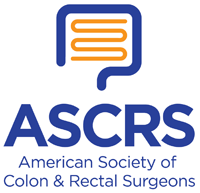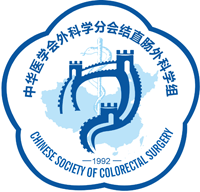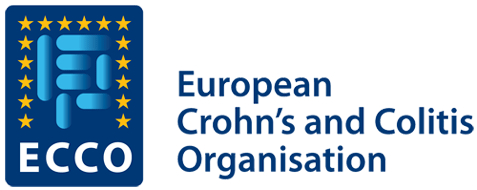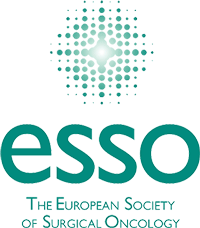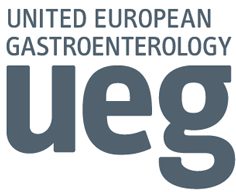Our November Paper of the Month report looks at the 5-year follow-up results of a multicenter randomized controlled trial (DIRECT-Trial) on the outcome of surgery versus conservative management in the treatment of acute complicated colonic diverticular disease.
Bolkenstein HE1, Consten ECJ1, van der Palen J2, Wall BJMV3, Broeders IAMJ4, Bemelman WA5, Lange JF6, Boermeester MA5, Draaisma WA7; Dutch Diverticular Disease (3D) Collaborative Study Group.
What is known on the subject?
There is an obvious role for surgery in the treatment of acute complicated colonic diverticular disease. The merits of surgery for patients with chronic diverticular disease are largely unexplored, and there is no consensus on the optimal treatment strategy for patients with chronic abdominal symptoms of diverticular disease. This trial aimed at determining the effects of conservative versus surgical therapy for patients with recurrent and ongoing complaints after an initial episode of diverticulitis.
What this study adds
Study design
Open parallel multicenter randomized controlled trial comparing elective sigmoidectomy to conservative management of patients with recurrent and ongoing complaints after an episode of diverticulitis.
Primary end-point
Quality of life at 5 years after randomization determined by the Gastro-intestinal Quality of Life Index (GIQLI).
Secondary end-points
EuroQol-5D-3L, VAS pain scores, SF-36. For patients undergoing surgery, the Clavien-Dindo classification of complications was used to determine the occurrence of in-hospital surgical complications.
Patients
Patients aged 18 to 75 years, who presented with either ongoing abdominal complaints (>>3 months) and/or frequently-recurring left sided diverticulitis (>2 episodes within 2 years) after an objectified [computed tomography (CT)-scan, ultrasonography, or endoscopy] episode of diverticulitis were included. From January 2010 to June 2014, 109 patients were randomized (conservative N = 56, surgery N = 53) of an initial 421 screened for eligibility. The enrollment target was 214 patients, to detect a difference in GIQLI score of 10 points with 90% power.
Results
After 5 years, mean GIQLI scores were significantly higher in the group randomized to surgery (118.2 [SD 21.0] versus 108.5 [SD 20.0]), with a mean difference of 9.7 (95% CI: 1.7-17.7). Secondary quality of life endpoints showed similar differences. Serious adverse events were recorded for 70% of patients allocated to surgery, and 80% of patients allocated to conservative treatment. Eight patients (11%) in the group randomized to surgery had anastomotic leakage. Twenty-six (46%) of patients randomized to conservative treatment ultimately required surgery for ongoing severe, symptomatic diverticular disease.
Author interpretation
Elective sigmoid resection for recurrent and ongoing abdominal complaints attributable to sigmoid diverticular disease is a viable alternative to conservative management.
Implications for colorectal practice
The results of this impressive and elegant study should be evaluated with caution, keeping in mind that enrollment was terminated prematurely owing to difficulties in recruiting patients, which is also illustrated by the observation that 75% of potentially eligible patients were not randomized. Nonetheless, primary and secondary end-points collectively showed a benefit of surgery compared to conservative treatment. The significant cross-over of almost 50% of patients from conservative to surgical management exemplifies that most patients were severely affected by their disease, and it remains an open questions whether patients with less severe symptoms could benefit from surgery. Results of the DIRECT trial provide excellent and much needed data that can be used to discuss pros and cons of surgery and conservative treatment with patients, so that they can make an informed decision on treatment strategy.

